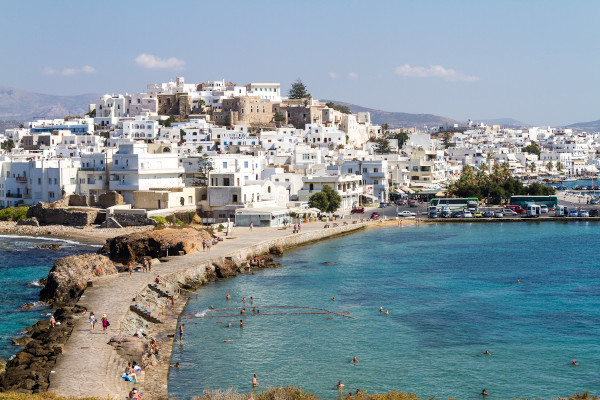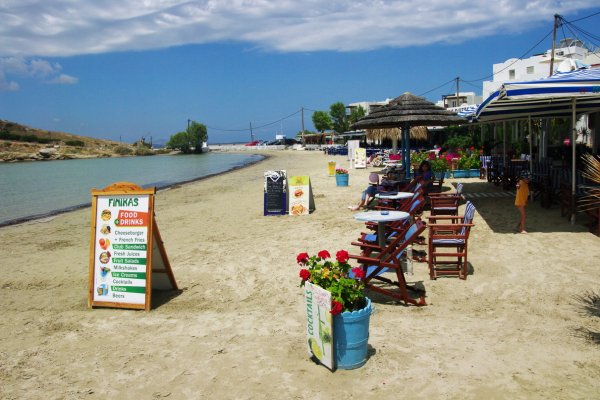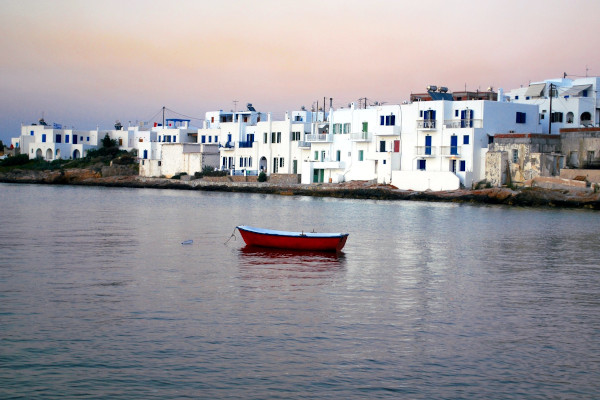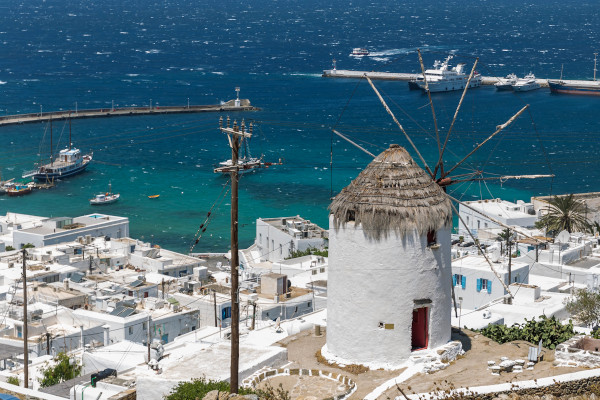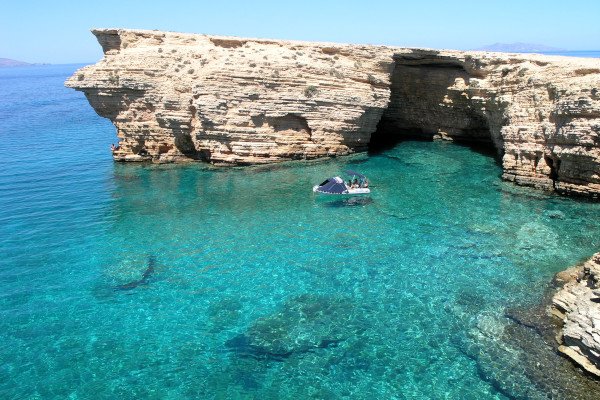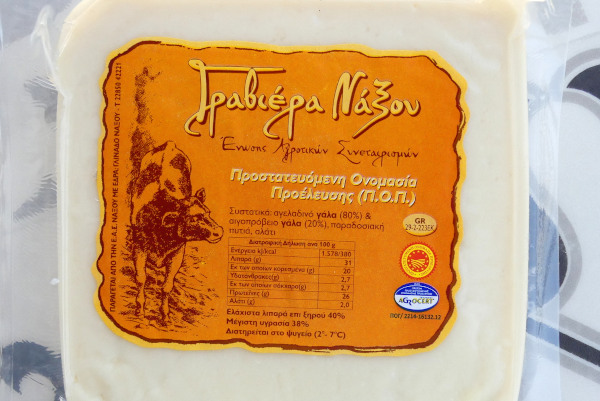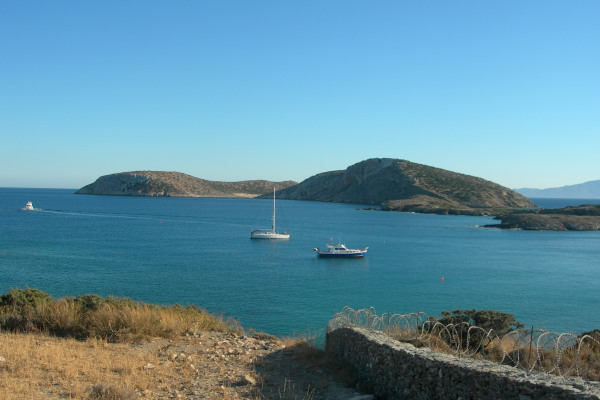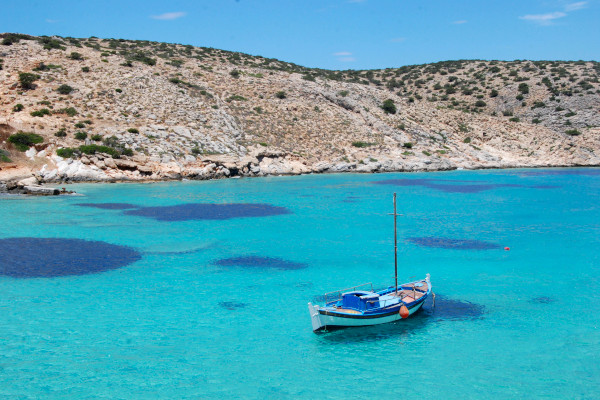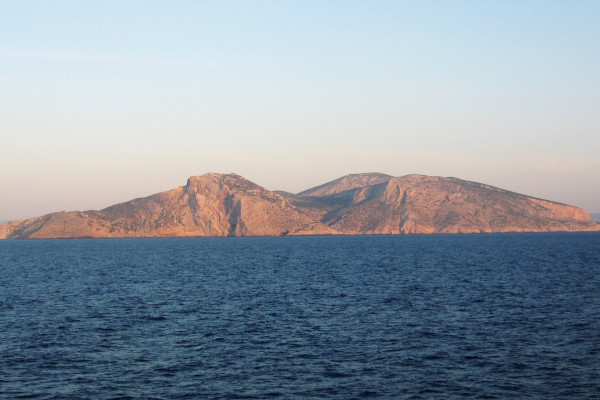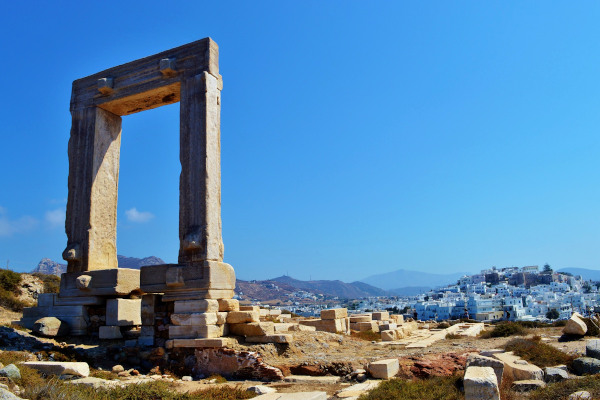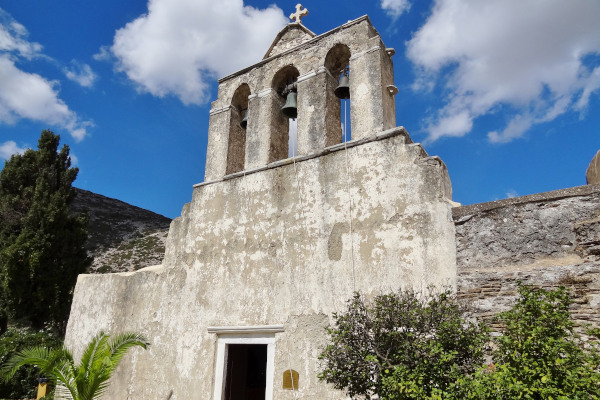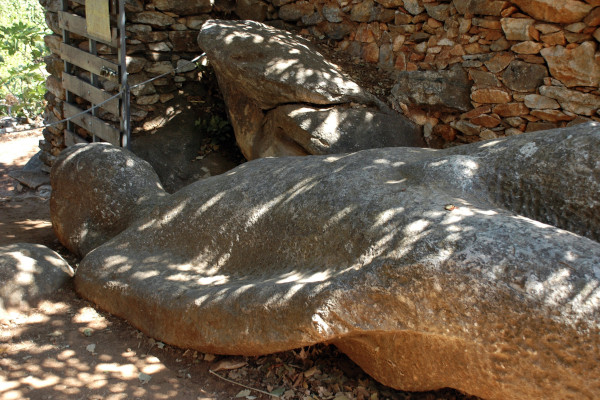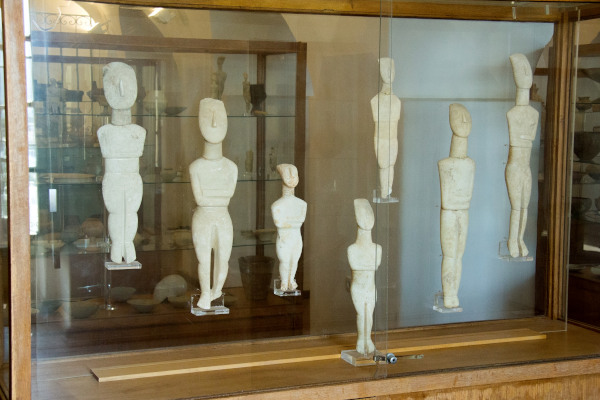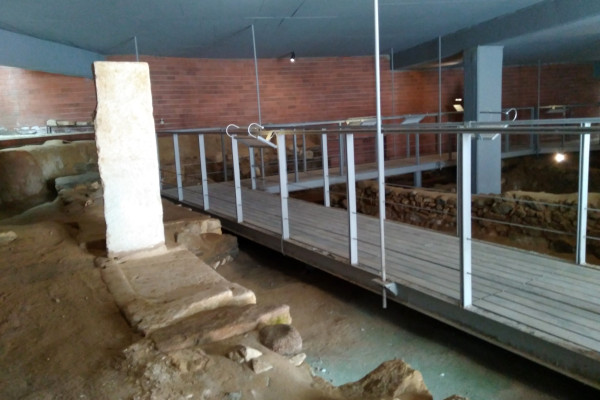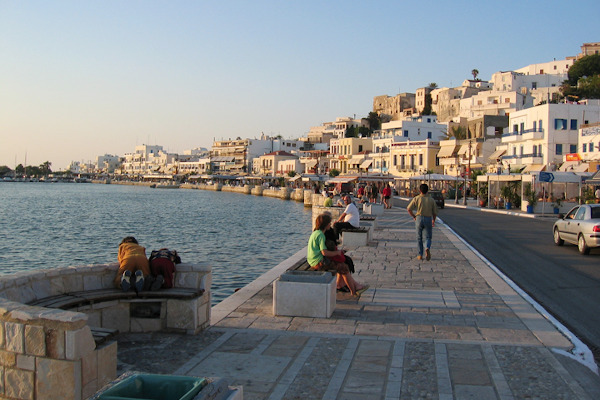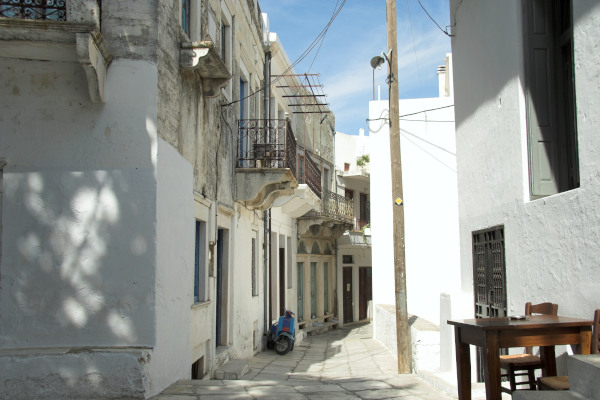Naxos Beaches
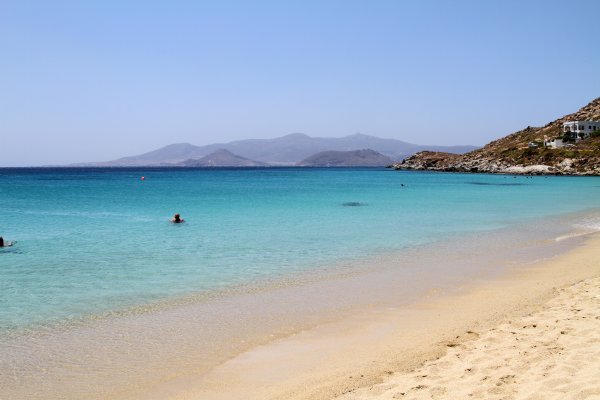
Agios Prokopios Beach
A long and wide sandy beach that stands out for its turquoise waters. Depending on the place you choose, you find beach-goer crowds or quietness.
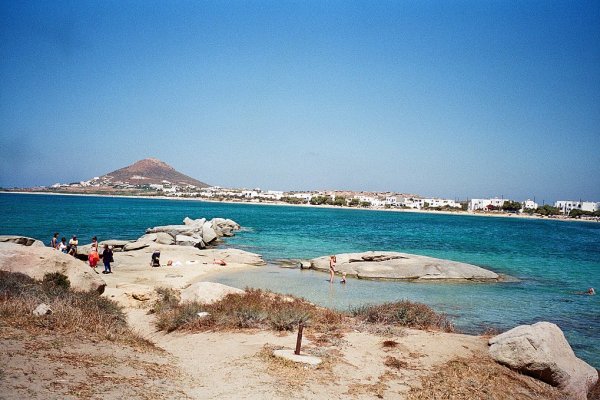
Agia Anna Beach
One of the most popular fine-sand beaches of Naxos. It has a few bars and good service. From Agia Anna, you enjoy Paros view and a majestic sunset.
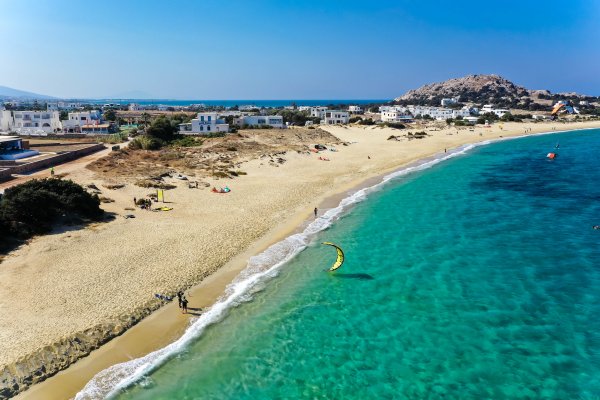
Mikri Vigla Beach
Mikri Vigla is a sandy, windy beach ideal for wind surfing and kite surfing. Fun fact: centuries ago, the hills were lookout posts for pirate ships.
Agios Georgios Beach
Naxos TownAgios Georgios is a fully-organized fine-sand beach close to Naxos capital. Shallow waters, beach bars, water sports equipment for rent, and crowds.
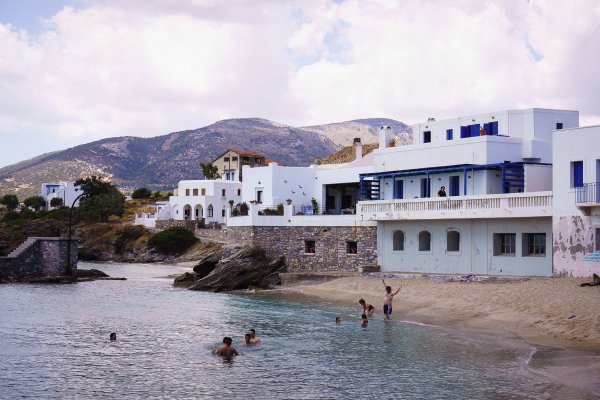
Moutsouna Beach
The shallow-water beach of Moutsouna is ideal for families. Fresh-fish tavernas have located themselves strategically close to the beach.
